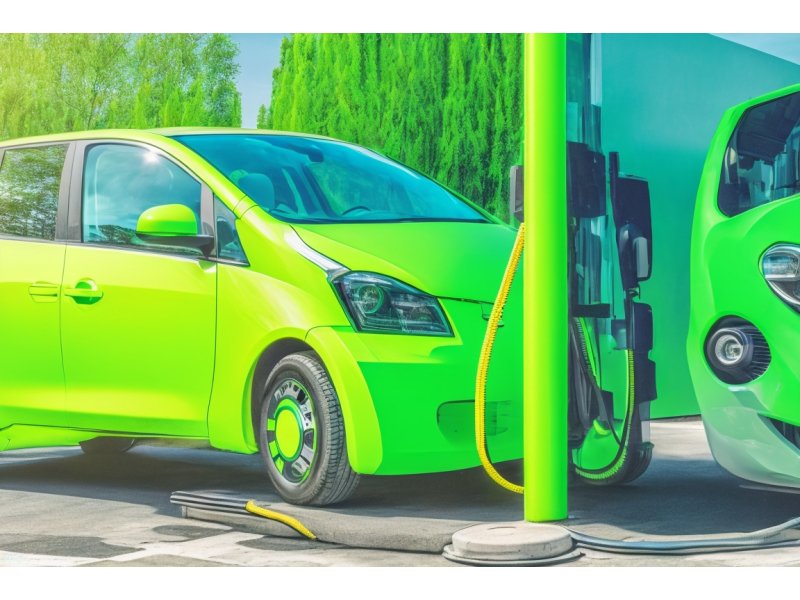
Introduction:
In recent years, the world has witnessed a growing concern over the environmental impact of transportation. The reliance on fossil fuels has led to increased pollution levels, climate change, and a need for sustainable alternatives. Green technology has emerged as a promising solution, with electric vehicles (EVs) leading the way towards a cleaner and greener future. This blog explores the role of electric vehicles and sustainable mobility in revolutionizing the transportation sector.
1. Electric Vehicles: A Game-Changer for the Environment
Electric vehicles are revolutionizing the way we think about transportation. Unlike traditional internal combustion engine vehicles, EVs are powered by electricity, which significantly reduces greenhouse gas emissions and air pollution. By transitioning from fossil fuel-powered cars to electric vehicles, we can make significant strides in mitigating climate change and improving air quality.
2. Benefits of Electric Vehicles
2.1 Environmental Impact: The main advantage of electric vehicles lies in their minimal environmental footprint. With zero tailpipe emissions, EVs contribute to cleaner air and reduced carbon dioxide (CO2) emissions, thereby combating global warming and climate change.
2.2 Energy Efficiency: EVs are more energy-efficient compared to conventional vehicles. Electric motors convert energy into motion more effectively than internal combustion engines, resulting in lower energy consumption and increased fuel economy.
2.3 Renewable Energy Integration: Electric vehicles can serve as a means of energy storage and integration with renewable energy sources. By utilizing smart charging technology, EVs can draw power from the grid during off-peak hours when renewable energy generation is high, reducing strain on the grid and promoting the use of clean energy.
2.4 Reduced Noise Pollution: Electric vehicles operate quietly, significantly reducing noise pollution in urban areas. This characteristic makes them particularly suitable for densely populated areas, providing a more peaceful and pleasant environment for both pedestrians and drivers.
3. Charging Infrastructure: Enabling Electric Mobility
A crucial aspect of electric vehicle adoption is the development of a robust charging infrastructure. To encourage widespread adoption of EVs, governments, businesses, and utilities need to invest in the deployment of charging stations. These stations should be strategically placed in public spaces, residential areas, workplaces, and along major highways, ensuring convenient access to charging for all EV owners.
4. Sustainable Mobility: Beyond Electric Vehicles
While electric vehicles play a vital role in greening the transportation sector, sustainable mobility encompasses a broader concept. It involves integrating various modes of transportation to reduce the overall environmental impact. This includes promoting public transportation, cycling, walking, and shared mobility solutions such as carpooling and ride-sharing services. By combining these sustainable modes, we can create a comprehensive and interconnected transportation system that reduces congestion, improves air quality, and enhances urban livability.
5. Policy Support and Incentives
To accelerate the transition to electric vehicles and sustainable mobility, governments worldwide are implementing supportive policies and providing incentives. These measures include tax credits, subsidies for EV purchases, the expansion of public charging infrastructure, and stricter emission regulations for conventional vehicles. Such initiatives encourage consumers and businesses to embrace green technology and contribute to a more sustainable transportation ecosystem.
Conclusion:
The adoption of green technology, particularly electric vehicles and sustainable mobility solutions, is essential for creating a cleaner and more sustainable transportation system. By reducing emissions, conserving energy, and improving air quality, electric vehicles offer a promising solution to combat climate change and foster a greener future. Alongside advancements in charging infrastructure and supportive policies, electric mobility can pave the way for a transportation revolution that benefits both the environment and society as a whole. Let us embrace this green transition and drive towards a more sustainable tomorrow.
Share This News